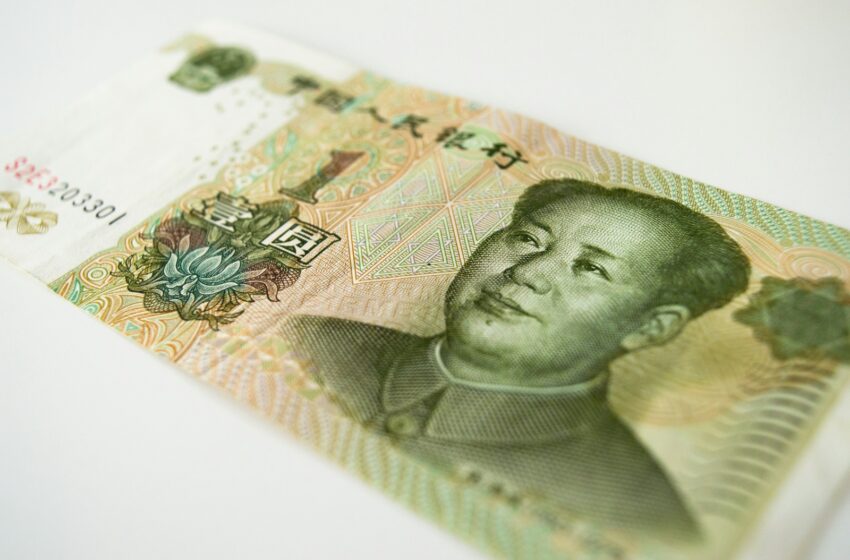China’s Banks Take Measures to Strengthen Yuan Amid Market Turbulence

State-owned banks in China intervened on Monday to strengthen the yuan, limiting liquidity in the offshore foreign currency market and actively selling US dollars domestically as shares fell sharply. Concerns about the yuan’s swift decline pushed this action, which coincided with a steep loss in China’s A shares, with the benchmark Shanghai Composite index falling 2.7% on the day, its highest one-day drop since April 2022.
According to sources familiar with the situation, state-owned banks reduced lending to their peers in the offshore market, thus lowering offshore yuan liquidity and boosting the cost of shorting the currency. Concurrently, these banks aggressively sold dollars in the onshore spot foreign exchange market to prevent the yuan from falling sharply, with a particular focus on the 7.2 per dollar level.
Gary Ng, a senior economist for Asia Pacific at Natixis, stated, “It is a clear policy signal to stabilize the yuan and counter the negative market sentiment on equities.” Overseas investors have been cautious, with nearly $1.6 billion in Chinese shares sold since the beginning of the year, indicating concerns about signs of an economic slowdown in the world’s second-largest economy.
As a result of these steps, offshore yuan tomorrow-next forwards rose to a more than two-month high of 4.25 points late Monday, indicating tighter liquidity conditions. This proactive intervention demonstrates China’s commitment to keeping its currency stable in the face of market volatility and economic uncertainty.






